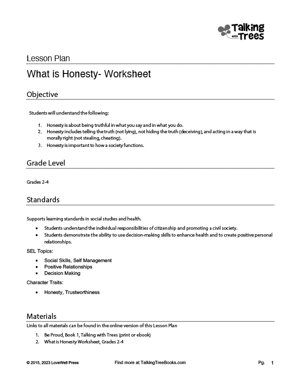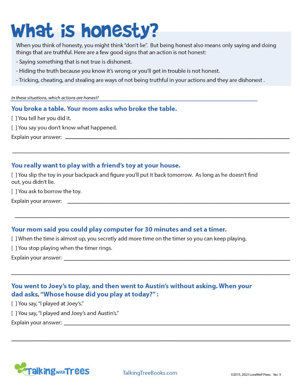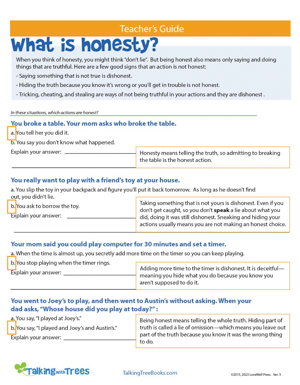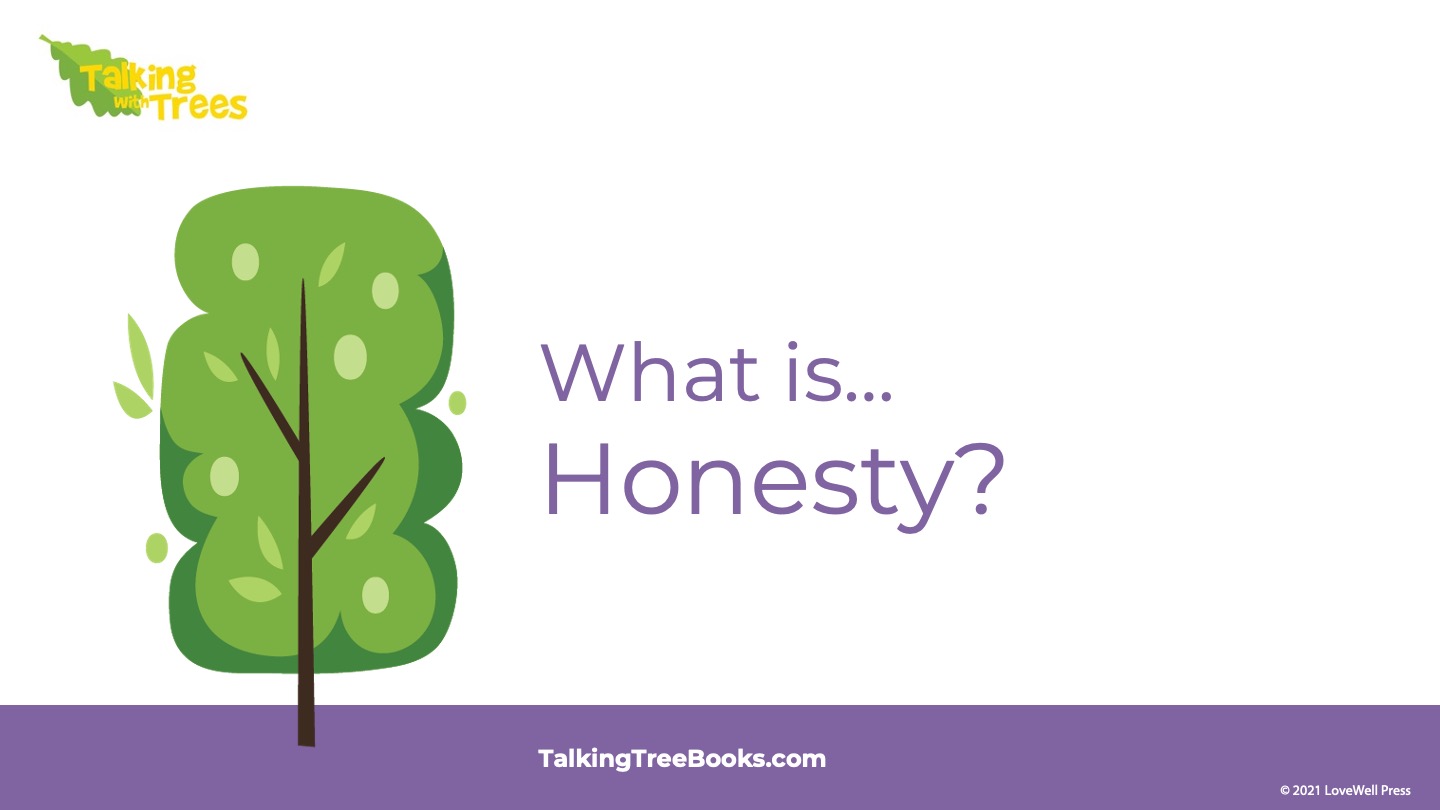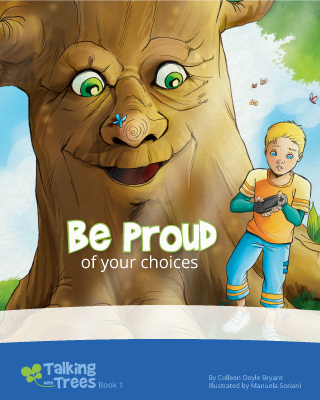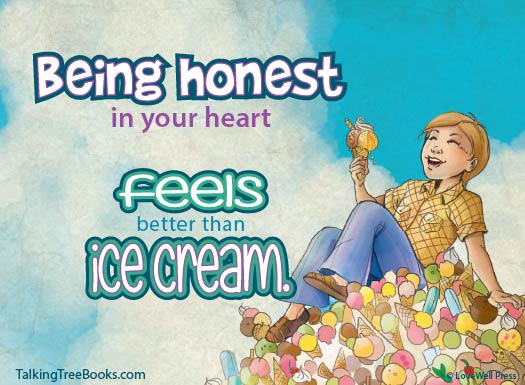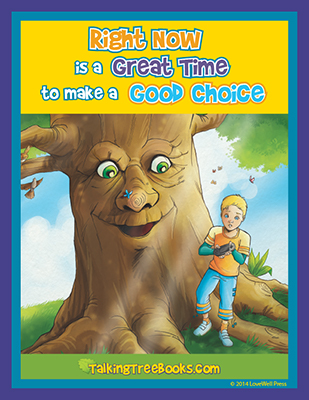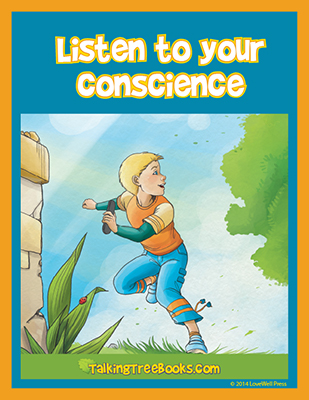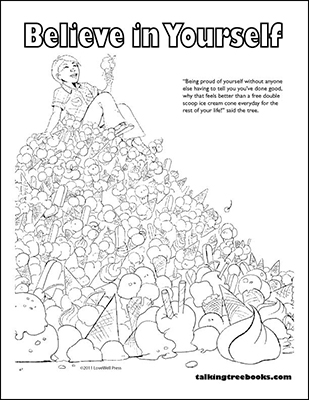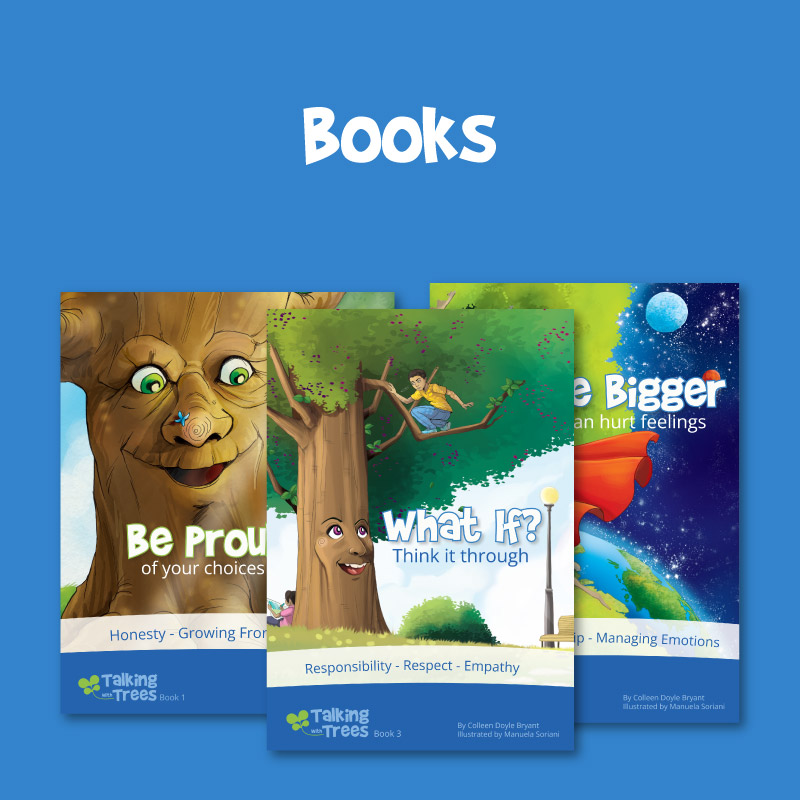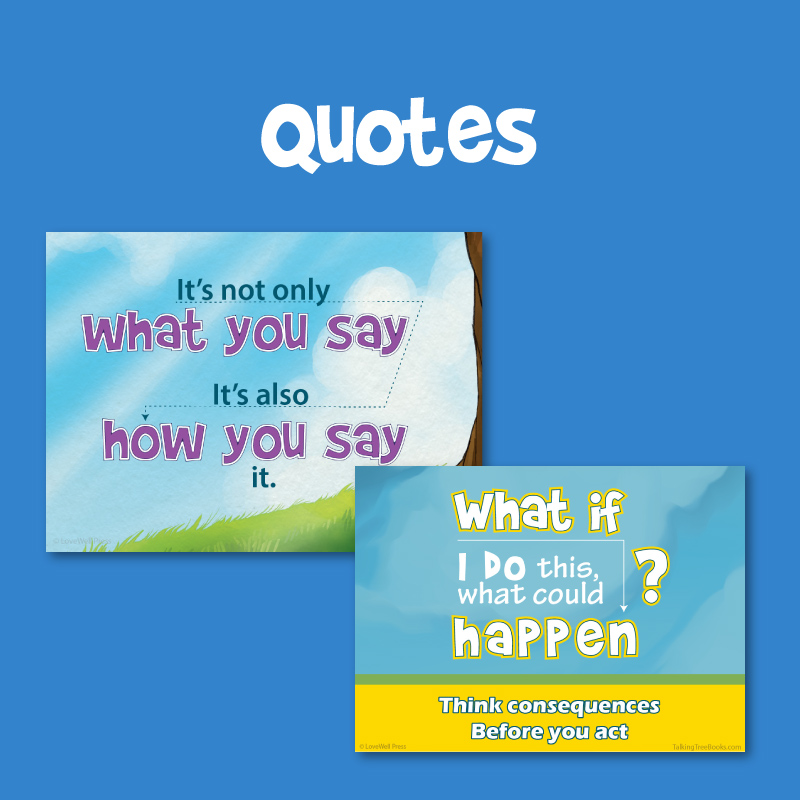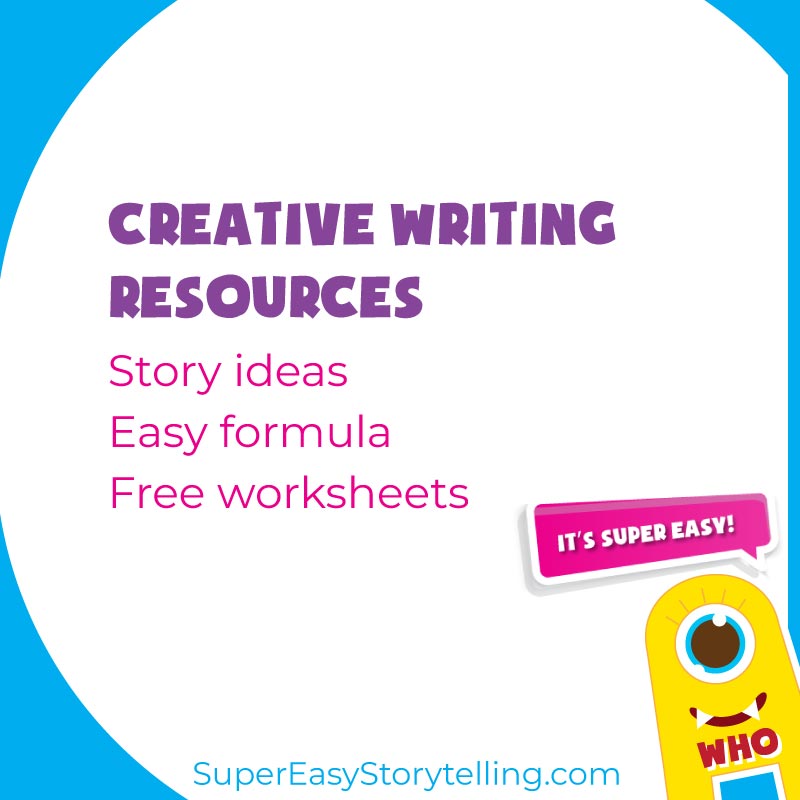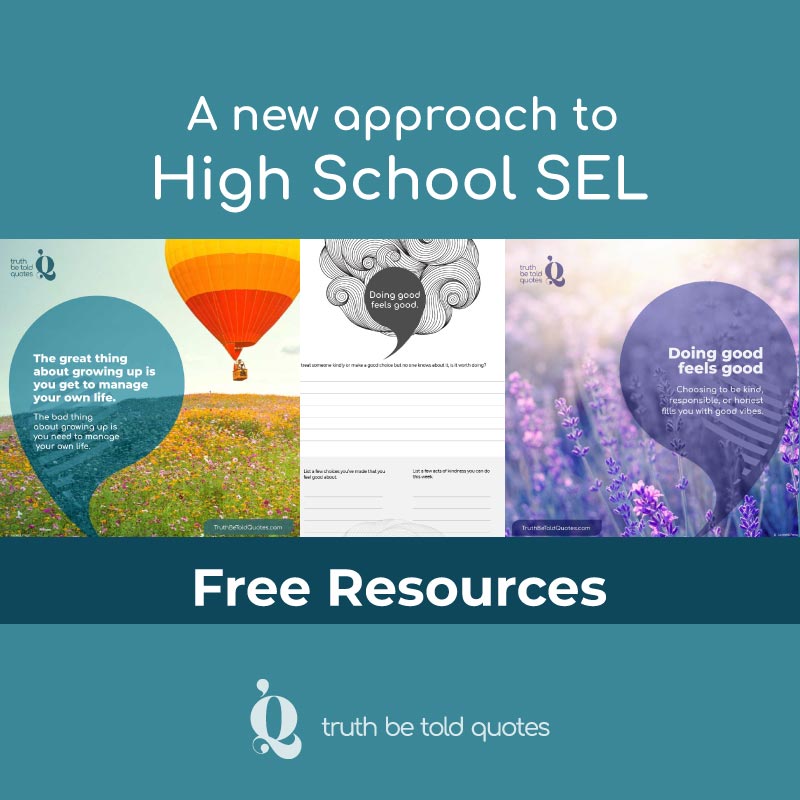Honesty Lesson Plan- Worksheet-based
SEL / Character Ed Lesson Plan for grades 2-4
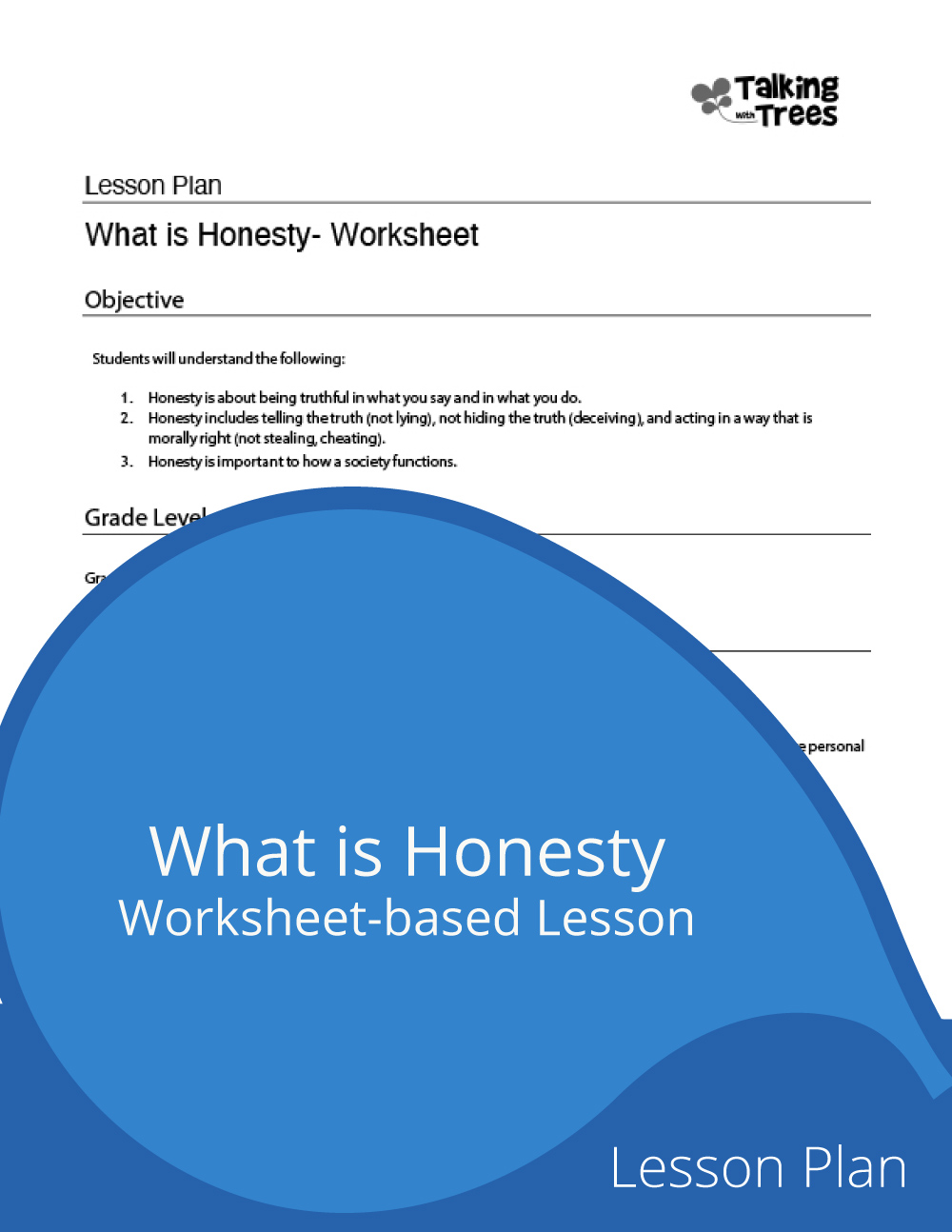
What is honesty?
Objective
Students will understand the following:
- Honesty is about being truthful in what you say and in what you do.
- Honesty includes telling the truth (not lying), not hiding the truth (deceiving), and acting in a way that is morally right (not stealing, cheating).
- Honesty is important in how we all work together in society
Grade Level
2-4
Character / SEL Topics
- Social Skills, Self Management
- Positive Relationships
- Decision Making
- Traits: Honesty, Trustworthiness
Download Resources
Our PDFs are free to print or share for non-commercial use, meaning you are welcome to link to our website for educational purposes, add PDFs to your Google classroom or print PDFs for in-class use.
Honesty Lesson Plan Resources
Vocabulary
Honesty- Only doing or saying things that are truthful and morally right. Honesty includes
- telling the truth (not lying)
- acting in a way that is truthful and doesn’t hide the truth (not deceiving)
- only doing things that are morally right (not stealing or cheating).
Truthful- How something really is or how it really happened.
Conscience- The voice in your head and feeling in your heart that tells you if something is right or wrong.
Procedures
Define honesty and discuss examples.
Discuss the concept of honesty (see vocabulary section) and related attributes (truthfulness, fairness, sincerity, trustworthiness, straightforwardness). Ask the class for examples of behaviors that are honest and dishonest. (Also see the What is Honesty Definition page or What is Honesty Presentation.)
- Some examples of honesty may include telling the truth, treating people fairly / not taking advantage of people, really meaning what you say, doing what you say you will do, telling the whole truth.
- Examples of dishonesty may include: lying, not telling the whole truth (lies of omission), bending the truth (misrepresenting the facts or deceiving), hiding the truth, stealing, cheating.
Discuss why honesty is important to a society.
Pose the question, “What if it was ok to be dishonest? What if our society and laws said it was ok for people to lie, steal, and cheat each other?” Allow the children to talk about what could happen and how that would feel.
Honesty is a cornerstone of people living peacefully together. We need to know our friends, family, and leaders have a common belief in being truthful and trustworthy in order to have a basic level of security.
Discuss why honesty is important in friendships.
Discuss how honesty is essential to having positive relationships. For relationships to work, we each need to know we will treat each other fairly and truthfully.
Pose some questions that reveal how honesty is important to maintaining positive friendships:
- “What if each time your friend came over, she took one of your toys without asking, decided it was hers, and brought it home forever.” (Stealing)
- “What if your friend lost a school book but told the teacher you were the one who lost it?” (Lying)
Discuss how honesty is important with parents and teachers.
When you are consistently honest, parents and teachers know they can trust you to make good choices. As you
grow up, parents and teachers won’t be there to supervise you all the time. By being consistently honest, you are
showing them they can trust you to be safe and well when you are on your own. If they feel they can’t trust you, you
won’t get to do as many things or make your own choices.
Pose some questions on the importance of honesty in establishing trust:
“What if you are at school and tell the teacher you are going to the restroom, but the teacher finds out you really took
the iPod you hid in your back pack and played games in the bathroom?” This impacts trust. The teacher is not going to
trust you to do things on your own next time.
“What if you are playing ball and accidentally break a flower pot. Your mom asks how it happened and you tell her you
don’t know. But you don’t realize she actually saw you do it.” She knows you lied about this, so next time she won’t be
able to trust you are telling the truth. Maybe next time you really don’t know what happened, but she may assume you
are lying again.
Complete the honesty worksheet
Either individually or in small groups, have children complete the What is Honesty Worksheet, Grades 2-4, identifying the honest action in each situation. Children should explain why an action is honest or dishonest. Honesty worksheet teacher’s guide offer sample answers.The worksheet has fillable fields if children need to complete it online for remote learning.

